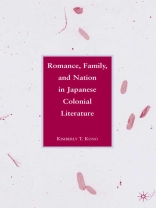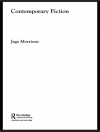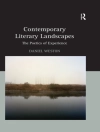Romance, Family, and Nation in Japanese Colonial Literature explores how Japanese writers in Korea, Manchuria, and Taiwan used narratives of romantic and familial love in order to traverse the dangerous currents of empire. Focusing on the period between 1937 and 1945, this study discusses how literary renderings of interethnic relations reflect the numerous ways that Japan s imperial expansion was imagined: as an unrequited romance, a reunion of long-separated families, an oppressive endeavor, and a utopian collaboration. The manifestations of romance, marriage, and family in colonial literature foreground how writers positioned themselves vis-à-vis empire and reveal the different conditions, consequences, and constraints that they faced in rendering Japanese colonialism.
Tabela de Conteúdo
Introduction Performing Ethnicity, Gender, and Modern Love in Yokota Fumiko’s ‘Love Letter’ (Re)Writing Colonial Lineage in Sakaguchi Reiko’s ‘Passionflower’ Looking for Legitimacy: Cultural Identity and the Interethnic Family in Colonial Korea Marriage, Modernization, and the Imperial Subject Colonizing a National Literature: The Debates on Manchurian Literature Conclusion
Sobre o autor
KIMBERLY KONO Assistant Professor of East Asian Languages and Literatures at Smith College, USA.












